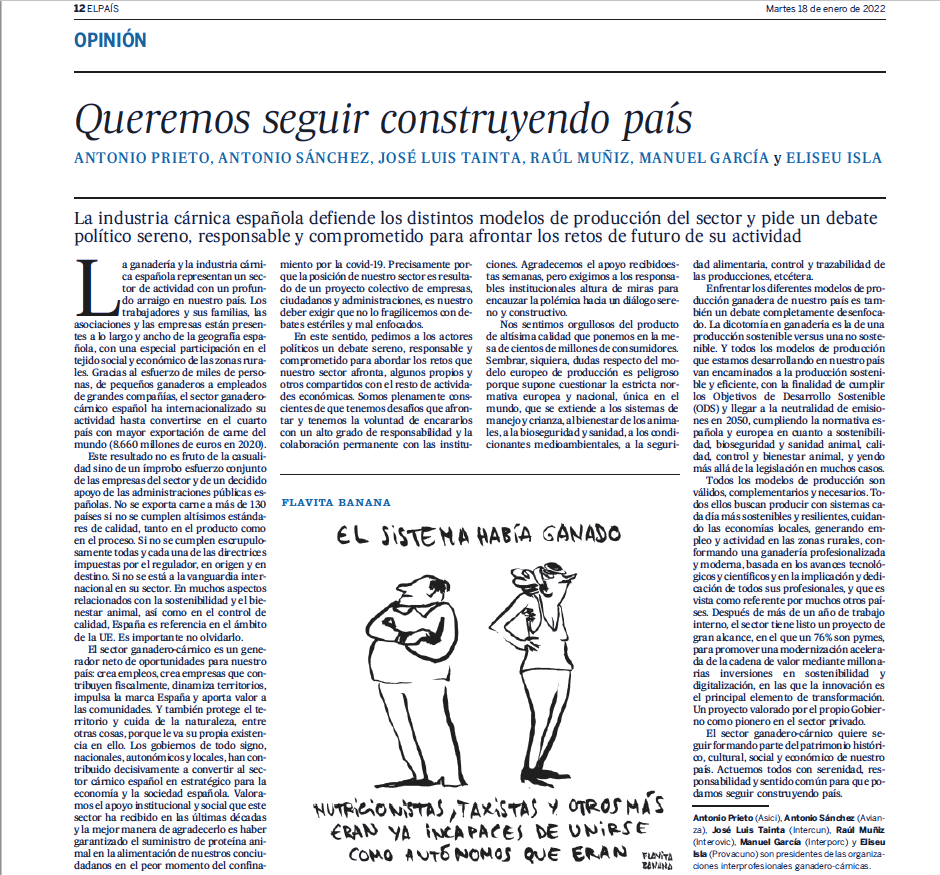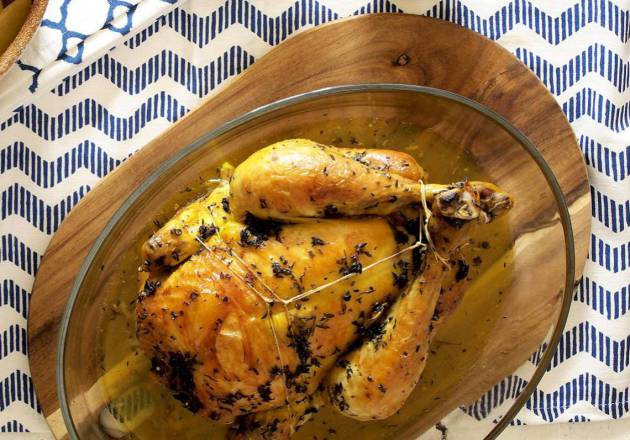Having just finished Gulfood, the largest fair in the Middle East dedicated to the food and hospitality industry, the Avianza team deployed there, with Jordi Monfort, our general secretary of Avianza, and Marta Lafarque, our head of the international area, only have good words about the participation of the sector in the fair.
In the first international foray into the Middle East that Gulfood has represented for Avianza, we have been able, first of all, to be the communicative bridge between the attending associated companies, Uvesa Group, Urgasa Group, Coren either Children of Juan Pujalte, among others, with potential B2B clients present at the fair, carrying out our main professional task: supporting companies in the sector.
In addition, the event has become a key networking point with entities as strategic for Avianza as the Dubai Municipality, which allows us to strengthen commercial ties. All this in collaboration with ICEX, our partner for promoting the internationalization plan in the Middle East, with which we have carried out the #MEgustaPoultry campaign that began last September in Dubai to give visibility and promote poultry meat.
Last but not least, Gulfood has been the visible face of the Spanish poultry sector where the more than 40,000 attendees have been able to see, first-hand, the excellence and quality of national products, where we highlight the interest of purchasing managers from countries such as Arab Emirates either Saudi Arabia.
Without a doubt, a great experience that we hope to repeat in the near future to continue representing the poultry sector in the world.


